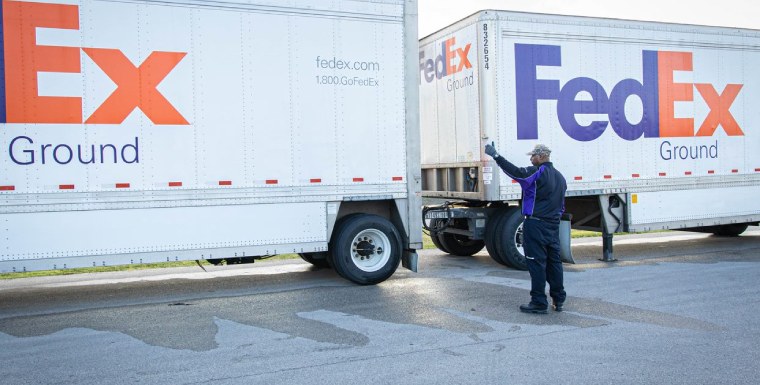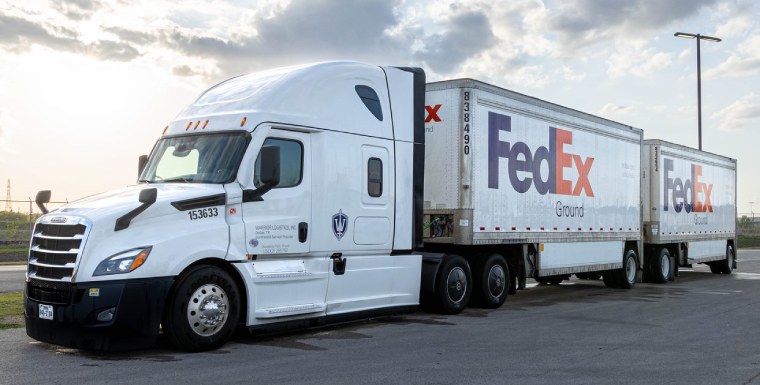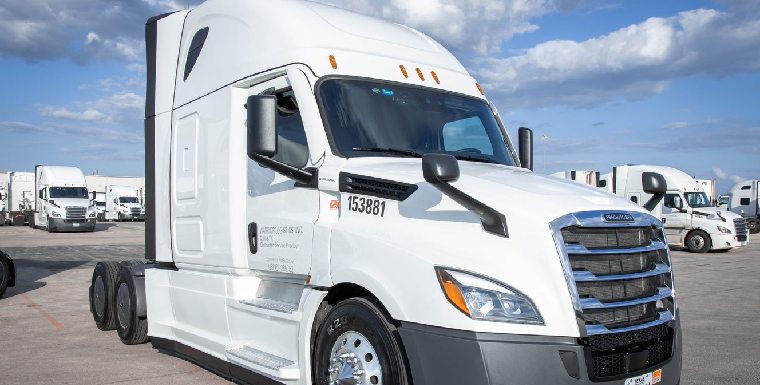What are Logistic Services?
Logistics services are a part of the supply chain, which is the process of getting products from a supplier to the end-user. Logistics generally includes transportation and warehousing—in other words, logistics experts take care of getting items from one place to another. The main goal of logistics is to get products moved efficiently to save time and money, though there are several steps that professionals in this field take to ensure this kind of efficiency.
In the most basic terms, logistics boils down to four main pillars:
Transportation – The main function of logistics services is transportation. Transportation involves everything from loading, unloading, and delivery. Delivery can be done via land, air, or sea.
Packaging – Packaging is an important part of logistics services because it protects items during transit. Professionals in this field have expertise on how best to package items so that they arrive safe and sound at their destination.
Warehousing – Warehousing is another important aspect of logistics. Warehouses are where items are stored before they are shipped out or delivered to the end-user.
Inventory Management – Inventory management involves keeping track of inventory levels at warehouses and with suppliers so that businesses know when they need more stock or when they have too much stock
What Is the Role of Logistics?
There are three stages in the process of getting a product from the manufacturer to the customer. The first stage is procurement or the sourcing and acquisition of raw materials and parts. The second stage is production, or the manufacturing of those materials into a finished product. And the third stage is the distribution or the actual delivery of those finished goods to consumers.
It’s at this third step—the distribution phase—that logistics comes into play. Logistics management involves overseeing all aspects of this final stage, including inventory control, warehousing, transportation, packaging, security, and traceability. As you can see, it’s a pretty big deal!
Logistics professionals utilize several different tools to help them with their job. These include barcode scanners (which allow workers to keep track of products and shipping information as they’re loaded on or off trucks), forklifts (which move heavy loads around warehouses), and computer software that helps logistics managers plan out deliveries and shipments efficiently.
Technology in Logistics
There are several software programs that help logistics professionals do their jobs more efficiently. Some are designed specifically for trucking companies and others for-hire carriers. By tracking key data such as load size, destination, and time of delivery, these programs can help to optimize routes and ensure that the company is maximizing its efficiency.
Software programs may also be able to help you make better decisions about the equipment you buy. If your software is capable of analyzing the weight of incoming loads and telling you how much space they will take up in the trailer, it may be easier to determine how many trucks with different sizes and capacities you will need.
If you are experiencing rapid growth, need more flexibility, or have increasing logistics costs, warrior logistics might be a great fit for you. Contact us today!



